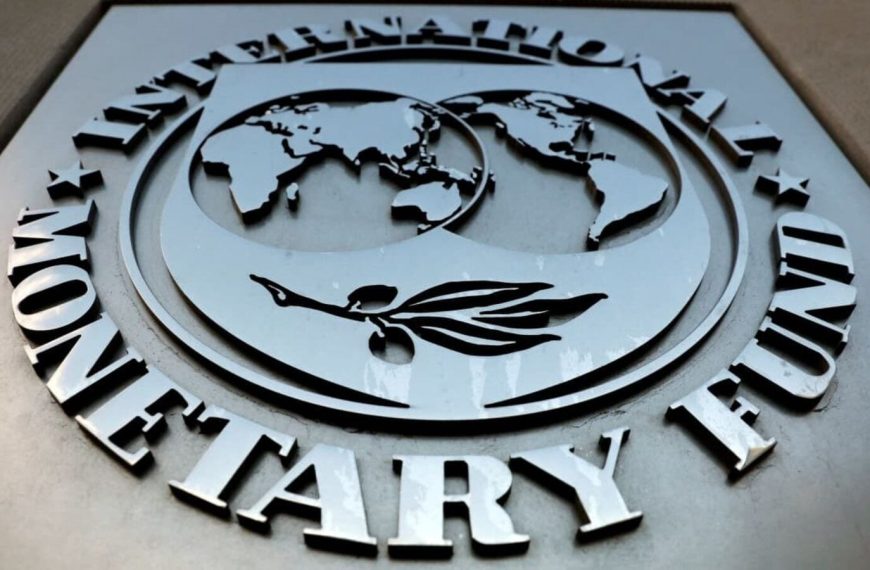In a bid to enhance the inflow of foreign currency, South Korea has introduced a set of new measures aimed at stabilizing its economy. Analysts believe these adjustments, while offering some immediate relief, highlight a pressing need for deeper, more transformative policy changes. As local investors increasingly seek opportunities overseas, the government’s latest strategies reflect growing concern over the shifting dynamics in the market.
New Rules to Attract Investors
Among the notable changes implemented on Sunday are:
- Increased hedging limits for foreign exchange derivatives, encouraging more robust trading activities.
- Allowing local institutions to invest in foreign currency-denominated "Kimchi" bonds, potentially broadening the investment landscape.
- Simplifying tax procedures for foreign investors to ease their entry into the South Korean market.
These measures come at a time when domestic confidence is waning. According to the Bank of Korea, South Koreans’ overseas investment reached a staggering $1.1 trillion in net terms by 2024, indicating a significant shift in investment behavior.
Addressing Market Imbalances
The South Korean Finance Ministry has acknowledged the need to rectify an “imbalance” in the supply and demand for foreign currency. Despite these new initiatives, the Korean won has struggled, being the weakest currency in Asia for 2024, depreciating by more than 12% against the US dollar. This decline has coincided with a 9.6% drop in the Kospi index, as foreign investors have been pulling back on their stock holdings.
A Mixed Bag of Incentives
While the government aims to attract foreign capital, some measures are designed to encourage local investment. For example:
- Increasing the allocation for domestic stocks within individual savings accounts.
- Allowing exporters to secure loans in foreign currency for domestic operations.
However, experts like Min Gyeong-won, an economist at Woori Bank, caution that these changes may not sufficiently address the underlying issues affecting foreign investment. He emphasizes the need for more comprehensive support policies for industries and corporations.
The Path Forward
Echoing this sentiment, Moon Hong-Cheol, a fixed-income and FX strategist at DB Financial Investment, stresses that without significant adjustments to the fundamental economic structure, the measures to counteract the won’s decline will yield limited results.
In conclusion, while South Korea’s new measures provide a temporary cushion for the market, a more profound transformation in economic policies is essential to restore investor confidence and stabilize the currency for the long term.











